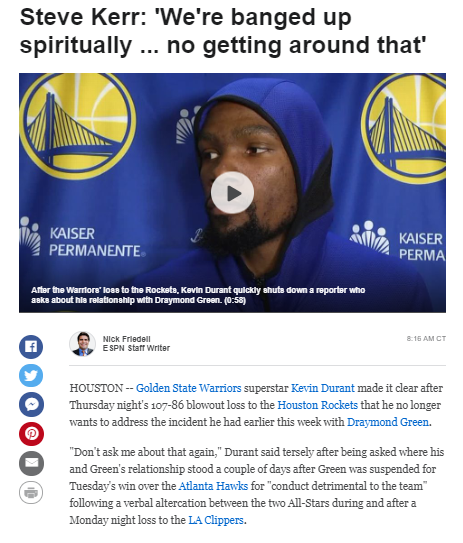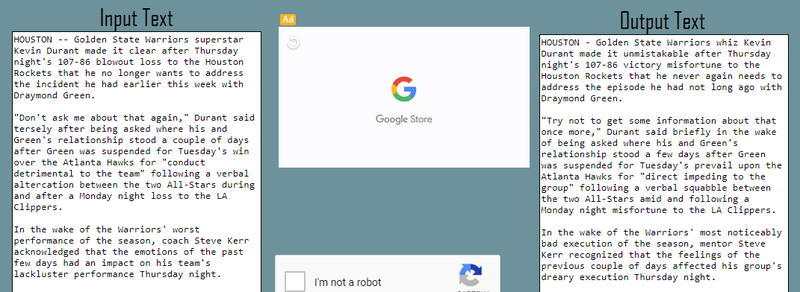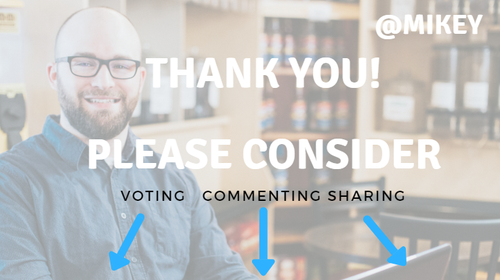
When you create a platform that rewards content, people are bound to try to take advantage of the system. Thankfully, here on Scorum, the team behind the platform cares about unique and quality content and they are willing to fight to maintain that level of quality and originality. This desire has made way for the plagiarism checker that scans articles after they are published and adjusts their ability to receive rewards. However, there are users who are finding ways around this tool, and one of those ways is through the act of article spinning. Have you heard of it?
What is Article Spinning?
Spinning an article refers to altering an existing piece of content to avoid plagiarizing it and to quickly turn someone else's work into something you're now calling your own. The article is "spun" by being automatically or manually altered, usually by replacing common words with synonyms.
This act is common in the content marketing world, and is seen as a bad practice. Some creators use the term for when they reuse parts of an older article to make a new piece of content, but the most common form of article spinning includes someone using someone else's work to create a new piece of content (that is not unique or entirely original).
Why are People Spinning Articles Here on Scorum?
Spinning an article doesn't take skill or creativity. It's simple and can turn a good article into a similar decent article in seconds. The "new" piece will not appear as plagiarism because many of the words have been replaced with similar words and the structure has been changed.
This creates an opportunity for scammers.
"So you mean I can do basically no work and trick people into thinking I just wrote this 500-word article? Where do I sign up?"
Not so fast, jerk. We'll deal with you later.
How Do They Do It?
A quick Google search will reveal several article spinning tools. Keep in mind that I am not writing this so you can learn how to spin articles. On the contrary, I'm writing this so you can be on the lookout for those that are using the work of others to trick you and make a quick buck.
We commonly see article spinning with hard news articles. For example, a short summary of an NBA or NFL game would make for easy pickings. A "spinner" could find an article on NFL.com or ESPN.com, put it in an article spinner, click a button, and have an article that they didn't write that won't appear to be plagiarism through Scorum's plagiarism checker.
Example

Take this ESPN.com article on the current feud happening in the Golden State Warriors locker room. When plugged into an article spinner, here is what we have:

As you can see, the spun text read awkwardly and is clearly not an original article that someone would write for sports fans. "Golden State Warriors whiz (not a commonly used word) Durant made it unmistakable...that he never again needs to address the episode he had not long ago with Draymond Green." The sentence still works in English, but it's doesn't flow well and uses uncommon phrases. This continues in the spun article with workds like "impending," "squabble," and misfortune again. While you can't just assume someone is article spinning due to using rare words, they may be a sign that someone is replacing words with synonyms because they are spinning an article.
What Can We Do About It?
The first step to stopping it is knowing about it. Thank you for reading this article. These pieces can be very hard to detect, but as mentioned, they are usually hard news stories and recaps. They also lack a personal view of the game. This is a warning sign.
For example, if someone regularly posts recaps of games without giving an opinion of their own, it's possible that they did not watch the game or match, they simply spun the article. I would not recommend accusing them of spinning an article, but you may want to avoid their work in the future or request that they add their own opinion.
Example: "Hey @XYZ! Nice overview of what happened. What did you personally think of the match? I'd love to see your own thoughts added to these summaries."
One of the reasons I am more likely to give upvotes to users who add their own thoughts to summaries (like @chops316, @bamamama, @talesfrmthecrypt, @jodcarey) is because it's clear that these articles and thoughts are coming from them. And isn't that what we really want to see here -- original thoughts and analysis?

Thank you for reading! If you have any thoughts or questions, please feel free to add below. Had you heard of article spinning before?
Comments